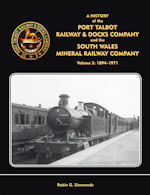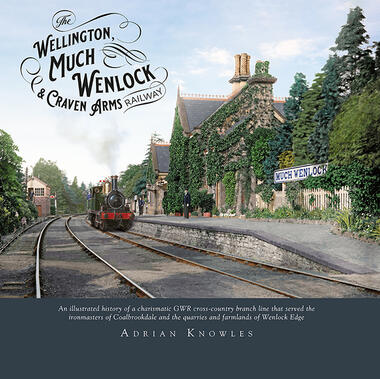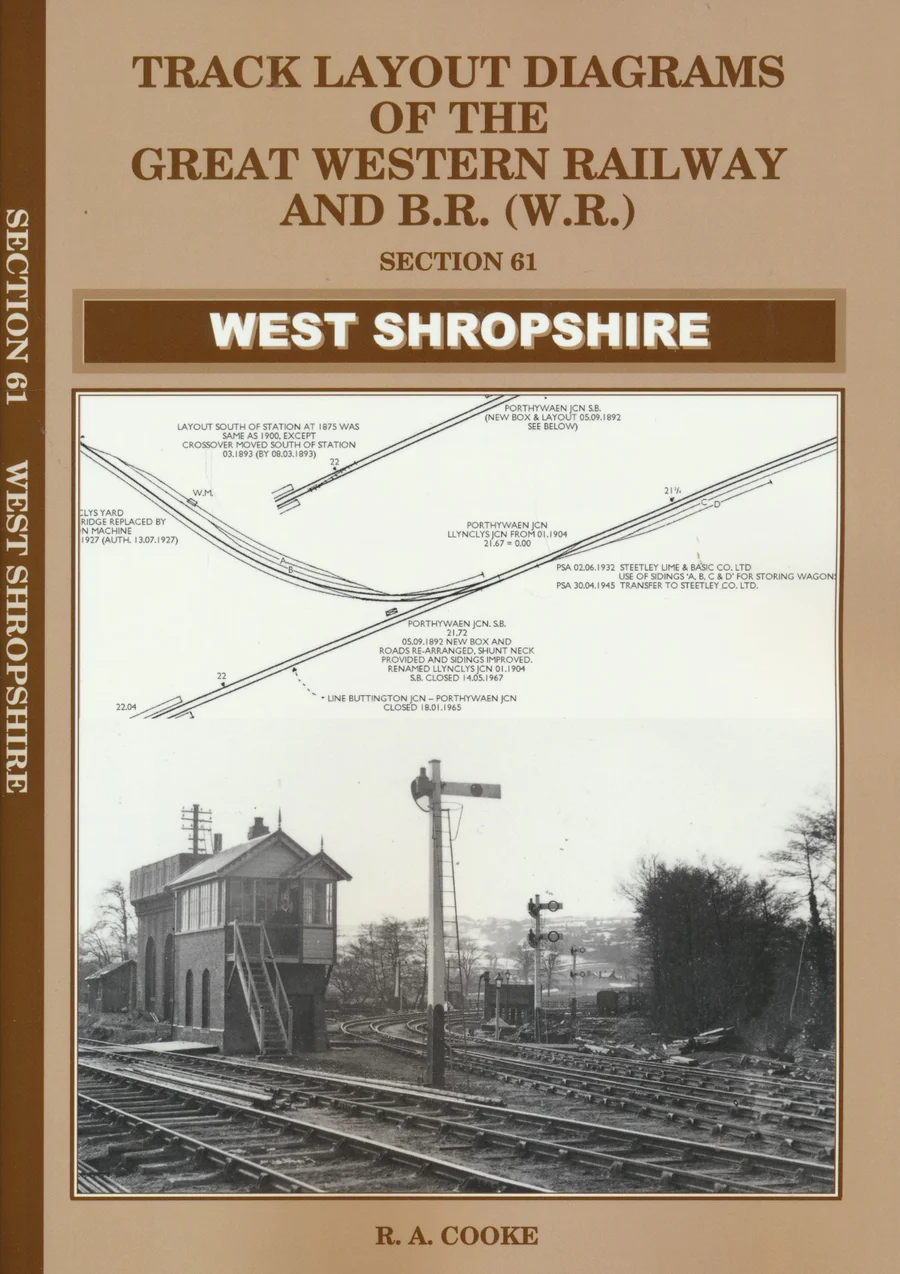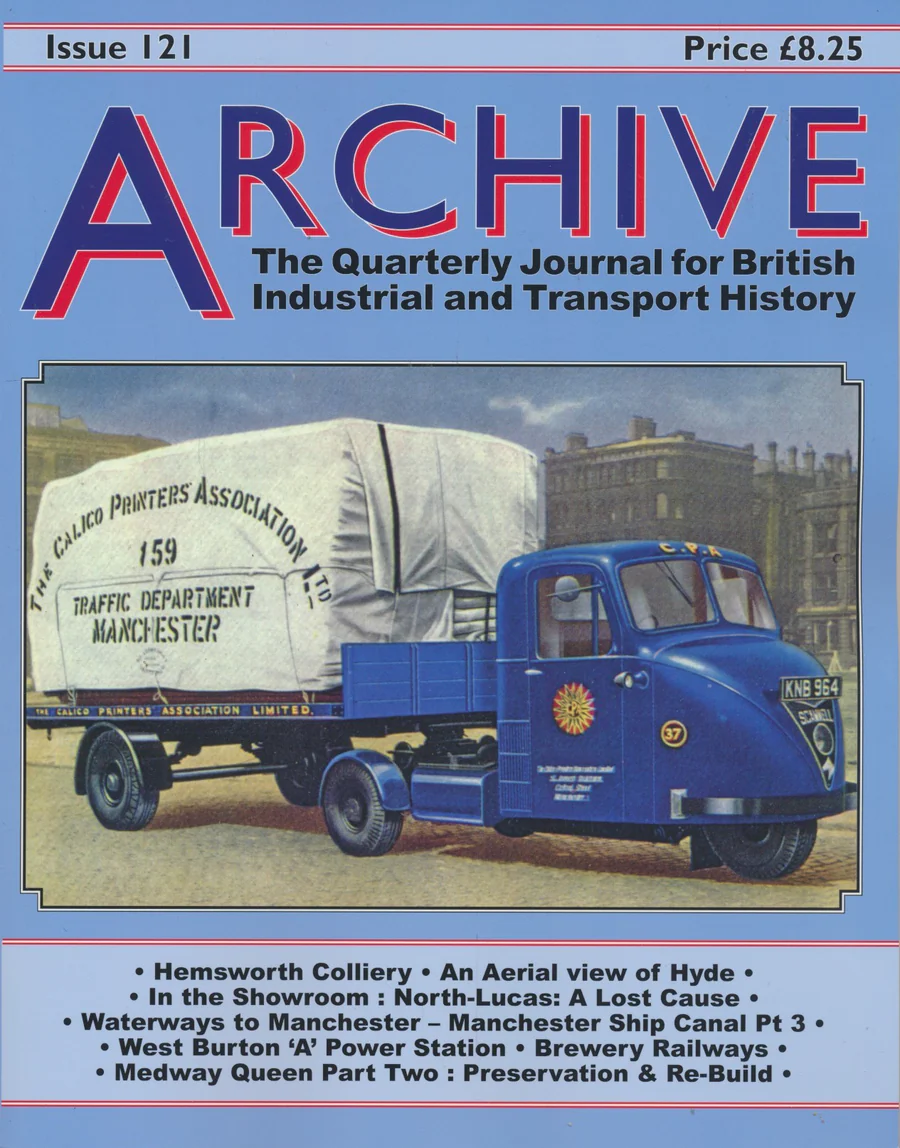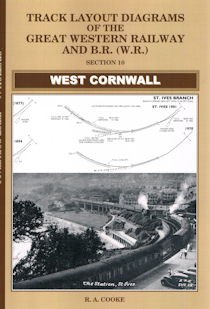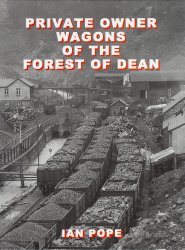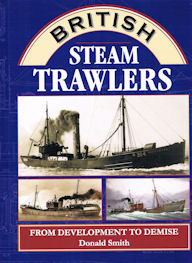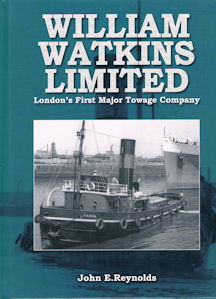The Ocean Coal Company and 'The Barry' David Davies's Extraordinar...
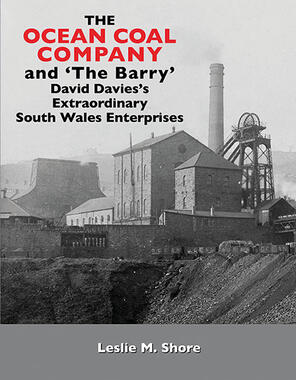
Condition: Excellent
Published by: Lightmoor Press
Author: Leslie M. Shore
The Ocean Coal Company and 'The Barry' David Davies's Extraordinary South Wales Enterprises
The Ocean Coal Company between 1866 and 1884 epitomized extraordinary enterprise under the leadership of David Davies (1818-1890). Collieries opened were Park, Maindy, Dare and Eastern in the Rhondda Fawr Valley, and Western, Garw, and Lady Windsor in adjacent Glamorgan valleys. Thousands of jobs were created to work the ‘finest seams of coal in the world’. New villages, Blaengawr, Cwmparc, Nantymoel, Ton Pentre and Ynysbwl, were built. The coal mined powered steamships, a ‘most lucrative monopoly’ for the South Wales Coalfield. In 1893, his son Edward Davies (1852-1898) oversaw the purchase of Deep Navigation Colliery. For two decades, the company was the coalfield’s major coal producer. Due to David Davies serving as the ‘arch promoter’ of the Barry Dock and Railway Company, the Ocean Company overcame obstacles to transporting Rhondda coal after 1889. Known also as ‘the Barry’, it became Great Britain’s greatest shipper of coal. In 1907, the Ocean Company merged with Wilson, Sons and Company, a global distributor of coal. Under the chairmanship of grandson David Davies (1880-1944), despite adverse factors, the company took control of United National Collieries in 1926. Thus the company’s sway in the Rhondda was bolstered by running Abergorchy, Bute Merthyr, Lady Margaret, National and Standard collieries. In addition, Nine Mile Point and Risca collieries were managed in Monmouthshire. Moreover, the company acquired Avon, International and Nantewlaeth collieries and Taff-Merthyr Colliery was opened as a joint venture with Powell Duffryn. From 1947, the government owned all the collieries. Leslie Shore’s history of the Ocean Company augments his other Lightmoor Press publications, Peerless Powell Duffryn of the South Wales Coalfield and The Tredegar Company-One of the South Wales Coalfield’s ‘Big Three’.
272 pages. 275x215mm. Printed on gloss art paper with colour laminated board covers.
Please contact us for a quote for shipping outside the UK Mainland before ordering.


